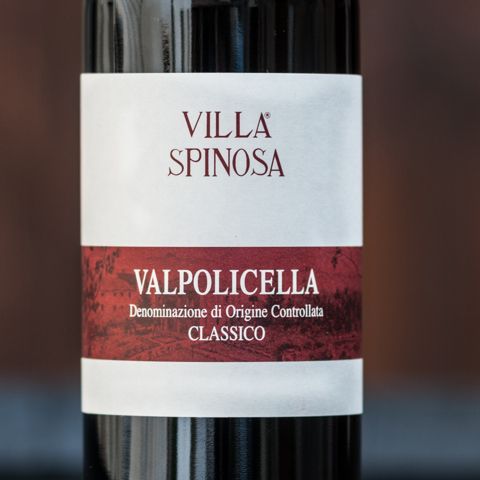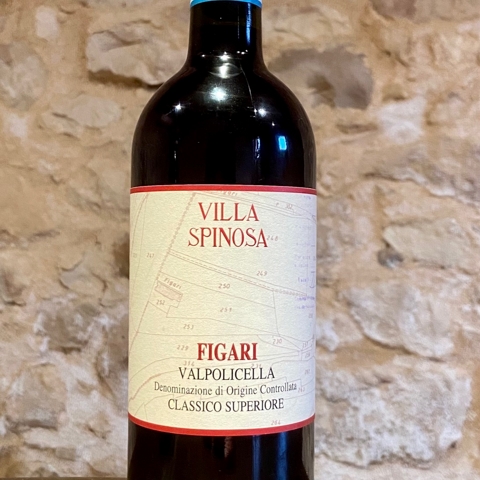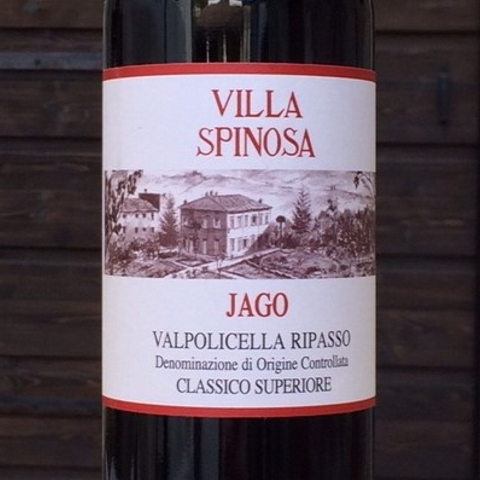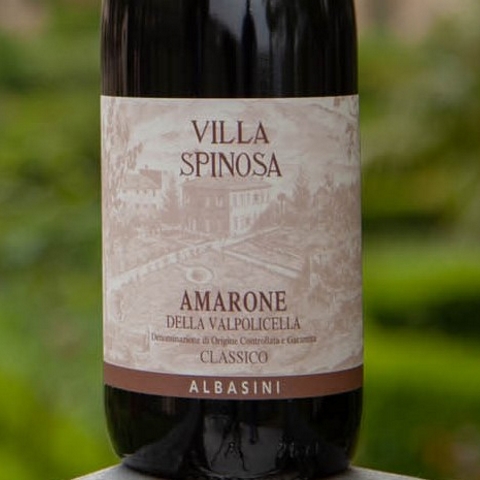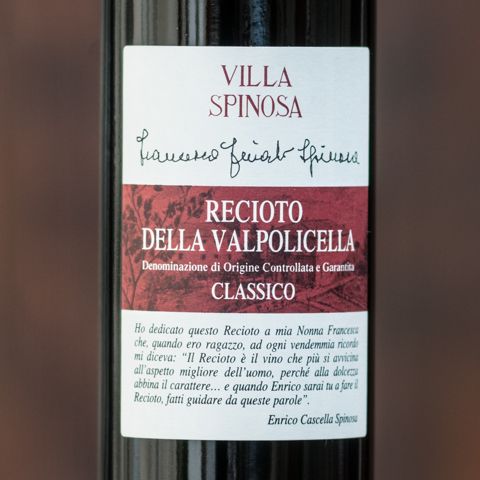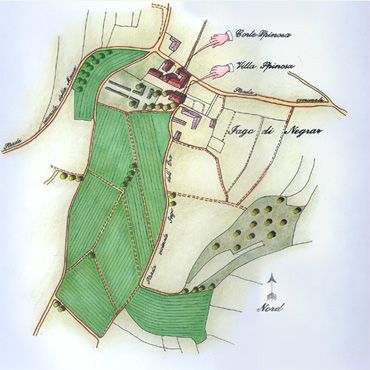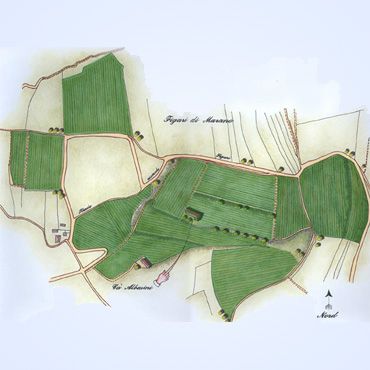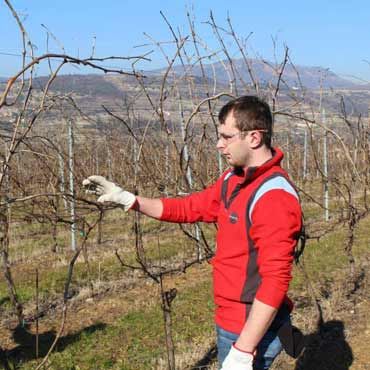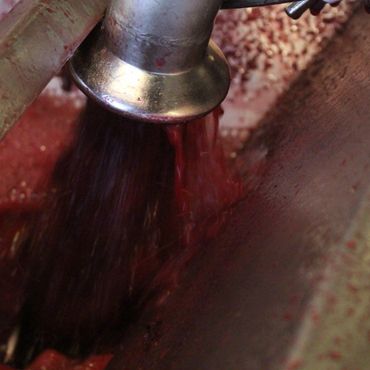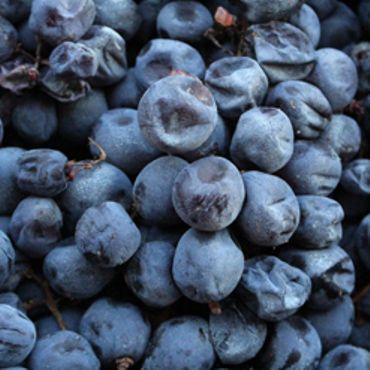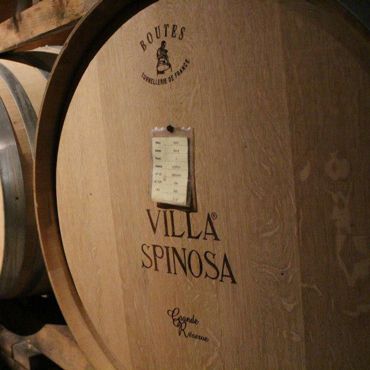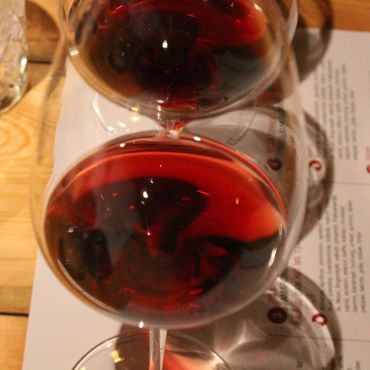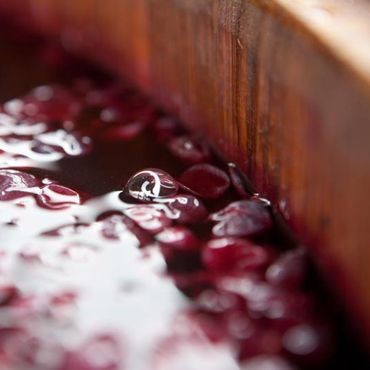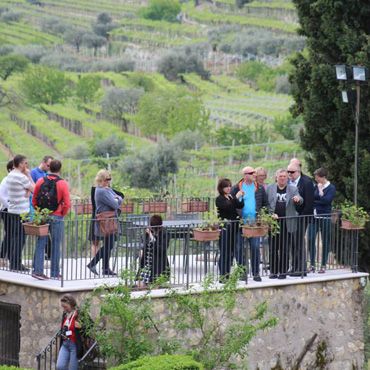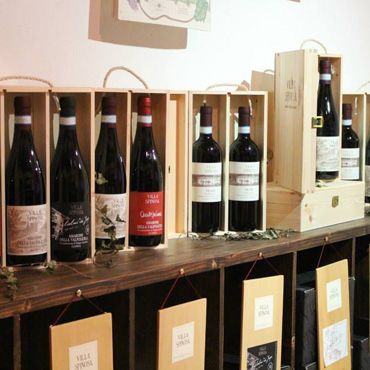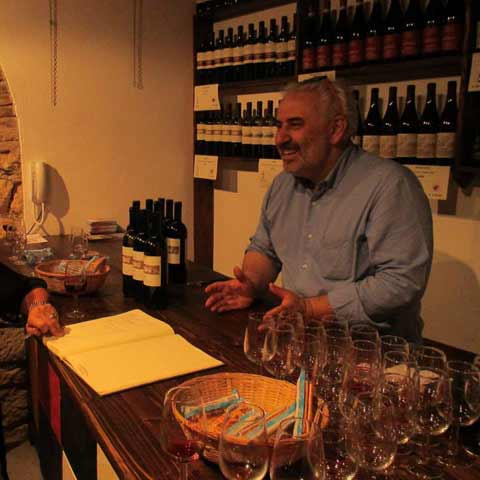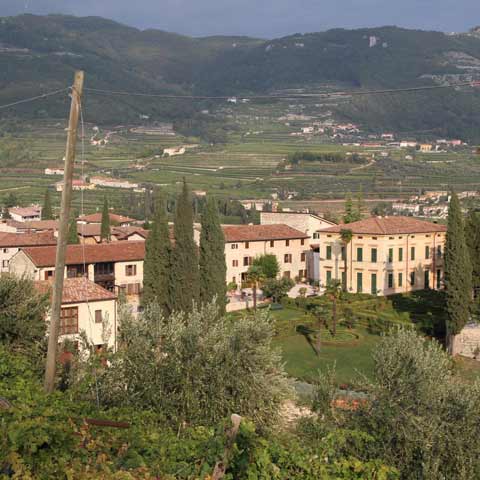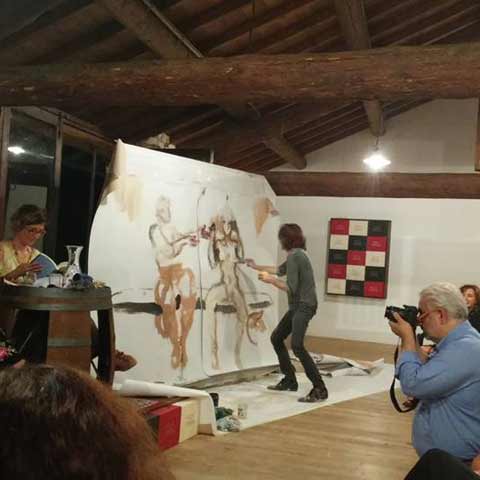June
Defence treatments and shoots pruning
Productive vineyards:
Preventive treatments to manage and protect vines continue, in order to protect them from diseases.
Both chemical and biological products are used, with contact and foliar, cytotropic, translaminar, loco-systemic
and systemic action.
This month, vines must be protected from several pests. The neanidis of the scaphoideus titanus (american grapevine
leafhopper) from its fourth age can be a vector of the grapevine phytoplasma, which causes flavescence dorée. Th
european grapevine moth is treated with larvicides before bunch closure. Botrytis cinerea, a fungus which causes
grey mould, is treated preventively before bunch closure especially for grape varietes that have a compact bunch.
Regarding powdery mildew and downy mildew, the defence strategy started last month continues, paying special
attention to treating newly formed grapes.
According to how the plants are growing, pruning might be necessary, to remove the tips of sprouts. This is because
sprouts growing lower than a 45 degree angle create excessive shade and damage the productive base of vines.
During fruit set pruning starts on north and north-west facing sides, to improve air movement though bunches and
make treatments more effective. Pruning used to be done by hand, but now it can be done mechanically, although this
is possible only with vines grown with the guyot and spurred cordon systems.
New vineyards:
Defence treatments start to avoid newly planted vines being affected by diseases.
Next to each vine a vineyard stake is placed. This way, the vine canes are not damaged by machinery and will have
the architecture desired by the winery and dictated by tradition.

